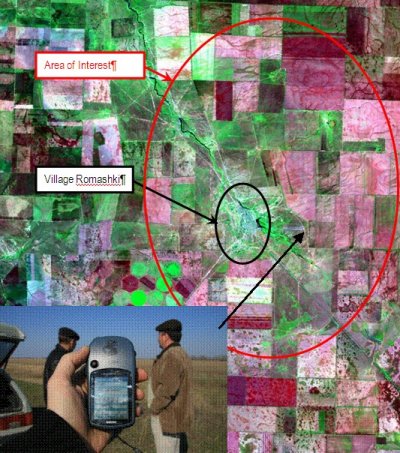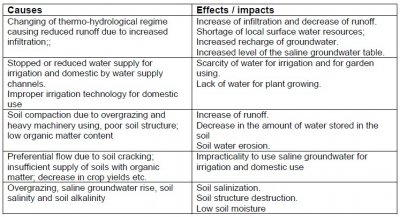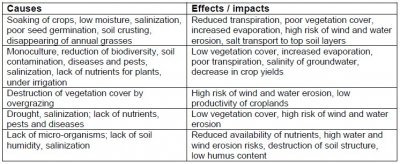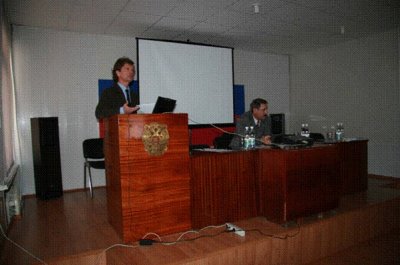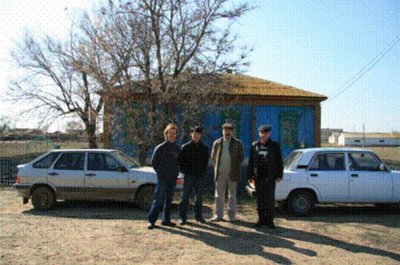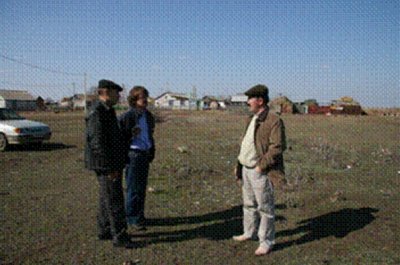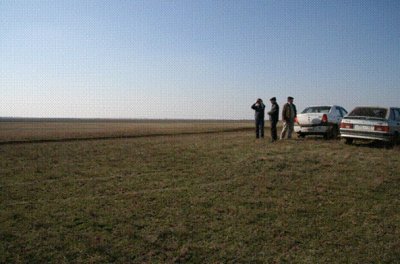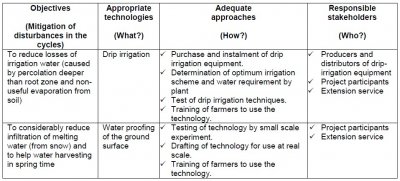| Identifying strategies: Stakeholder Workshop 1 |
 |
|
A report on the results of the workshop "Land degradation and desertification - existing and potential prevention and conservation strategies" held in District Pallasovka, Volgograd Region, Russia, 25-30 March 2008 Authors and moderators: Anatoly Zeiliguer, Vyacheslav Semenov
Background Predominant types of land use in this area are breeding, and cropping. The main desertification processes that affect the land are weak manifestation of water erosion (26% of agricultural lands) and deflation (1% of agricultural lands on light sediments), moderate and strong soil salinization (17% of agricultural lands).
Main causes and effects of land degradation identified in the workshop
Draft outline of strategy for sustainable land management in this region
|
||||||||||||||||||||||
Study sites
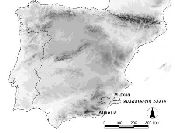
Acknowledgement
The DESIRE project was
|
DESIRE brought together the expertise of
26 international research institutes
and non-governmental organisations.
This website does not necessarily
represent the opinion of the
European Commission. The European
Commission is not responsible for
any use that might be made of the
information contained herein. 

